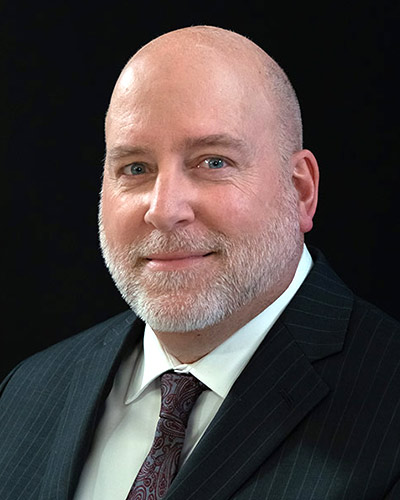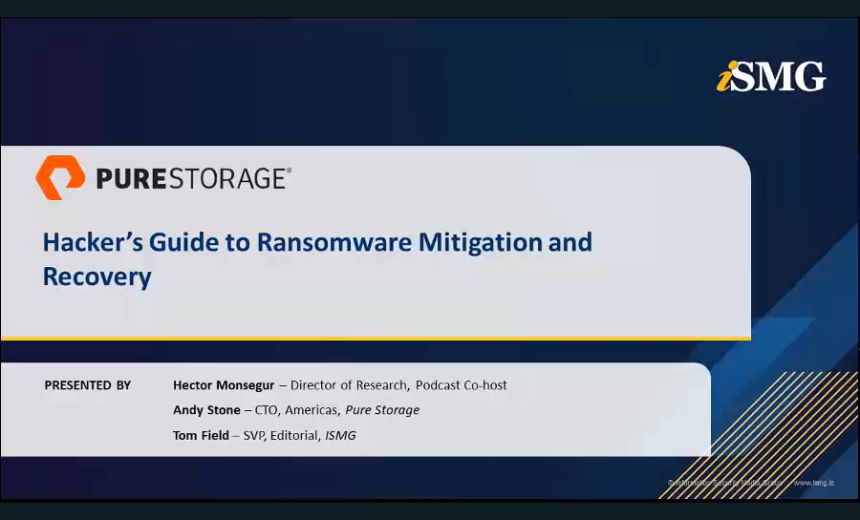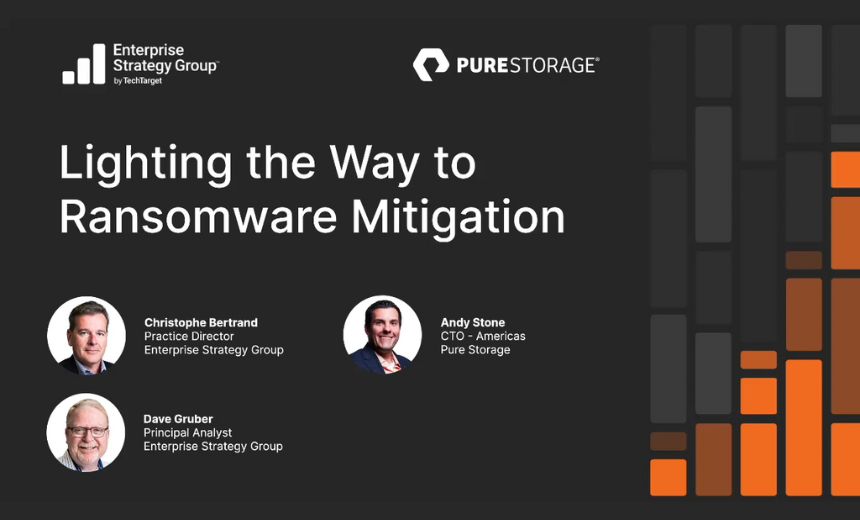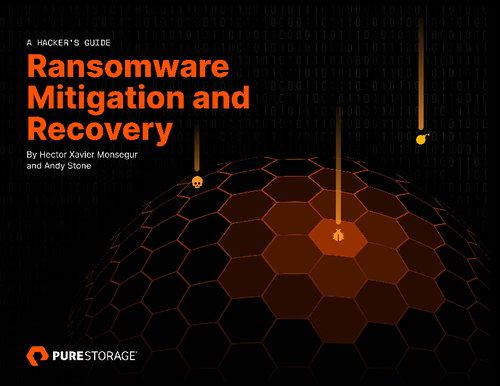'Watch the Lower Lip!' - Using Facial Expressions to Detect Fraud
Genie Laborde and Robert Nolan on How to Help Prevent First Party Fraud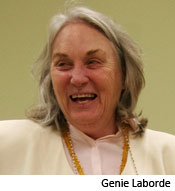
These are the tips from Robert Nolan, a former mortgage banker, and Genie Laborde, an author and speaker, who have teamed up to offer training for banking institutions looking to reduce first party fraud.
In an exclusive interview, Laborde and Nolan discuss:
Laborde is the author of several books, Influencing with Integrity: Management Skills for Communication and Negotiation(170,000 sold); the follow-up book, Fine Tune Your Brain: When Everything's Going Right and What To Do When It Isn't, and the workbook 90 Days to Communication Excellence. Influencing with Integrity has been translated into French, Spanish, German, and Polish. Her latest is Influencing with Integrity on the Internet, which is an eBook and a book on paper.
She has produced the video training films and courses, "Influencing Skills," "TeleSkills," "Managing Meetings with PEGASUS," and "Paradigm Changes in Business" (co-produced with Florida Power and Light). The videos and trainings have been purchased by Fortune 500 Companies and educational institutions including Hewlett-Packard, Chase Manhattan Bank, IBM, Rochester Institute of Technology, Continental Airlines, and Eastman Kodak. Her videos, books and course materials are also available in Spanish.Â
Nolan founded IvyStone Consulting Group in 2007 to help Mortgage Loan Officers as well as others in professional sales to build better relationships with Real Estate Agents and clients. He has developed a course for Mortgage Fraud detection, which introduces new training techniques for detection during the mortgage loan application process. Â
Prior to ICG, he worked for Phoenix Consulting Group, helping companies in the pharmaceutical, medical device manufacturing and consumer goods industry train salesman and researchers how to detect competitors interested in obtaining intellectual property rights at trade shows. Â
He was in the Mortgage Industry for 12 years and held positions such as loan officer and manager for builder partnerships with national mortgage companies. Â Â
TOM FIELD: Facial expressions -- why are they so key in trying to detect first party fraud? Hi, this Tom Field, Editorial Director with Information Security Media Group. I am talking with two experts on this topic today. I'm talking with Robert Nolan with Ivystone Consulting Group and Genie Laborde, the entrepreneur and speaker. Folks, thanks so much for joining me today.
ROBERT NOLAN: You're welcome.
FIELD: Just to get us started here, why don't you introduce yourselves and your work, and Genie I am going to turn to you first please?
GENIE LABORDE: All right. I'm Genie Laborde and I've been teaching communication to corporations in the US a long time, and in all of this I've learned the skills that we teach have many uses. This particular idea that we are dealing with at the moment is actually sort of a new application of the skills that I've been teaching.
FIELD: Very good, and Bob, maybe you can introduce yourself and talk about your current work place.
NOLAN: Yes sir, I have been involved in mortgage banking for probably 12 to 15 years, and I had a chance to go into the competitive intelligence arena for three or four years, which gave me the introduction to behavioral changes in people during question and answer processes, especially at trade shows and different type meetings.
FIELD: So, Bob, first party fraud is a significant challenge for banking institutions today. What are the trends that you are seeing in your work?
NOLAN: Most of what I am seeing are the problems with the new online applications. The fraudsters, as you know, are a very smart group of people, and they have access to almost the same technology that the data companies and so forth introduce, and they have access to it almost immediately. It has gotten very, very difficult, as everyone knows, to detect a fraud on that reaction, on that online basis. What we're seeing is a need for the banks and larger institutions, lending institutions, to figure out ways to get back to either person-to-person type applications or better communications. These would be on the phone when they speak to people after a first online application is submitted.
FIELD: Now, Genie, I want to bring you into this because you are expert in facial expressions. I want to ask you when it comes to sitting down with a potential banking customer, why are facial expressions so key?
LABORDE: You can only control these to a certain extent. I taught my seminar to the United Nations, and these were diplomats who had many of them had been in the diplomatic service for 20 years, and they didn't think I could read them. After a day, they realized I could. I know when someone is telling the truth and when they are not. There are just so many parts of your face that you can not control. There are some parts you can control, but no matter how expert you are at fraud, there are going to be certain giveaways.
FIELD: Bob, is there anything you would like to add based on your experience?
NOLAN: Same thing. When I work with the folks especially in the mortgage arena, the first thing is ...once we go through the training, they are amazed at what they can do, even though they were pretty hard core thinking that you really couldn't read some indications of people's expressions.
FIELD: Bob, what do you counsel loan officers to monitor?
NOLAN: I try to get them to make sure they establish a base line of comfort with the borrowers. Nothing special, just some "hi, how are you" and slight introductions, easy introductions, and then as they move throughout the process of the application, look for the things that are becoming more discomforted. Typically, when they get into very -- HUD-1 situation is one that came up the other day -- and when you go through and explain those government forms, if the borrower is trying to pull something off, there is very definite discomfort level that happens. Of course, there are other areas in the mortgage application that prompt that same reaction, too, if the loan officer knows what to look for and how to look for it.
FIELD: Well that's interesting. Genie, do you want to build on that, what you ask the loan officers to monitor?
LABORDE: Yes, well the word that I use is congruent. In other words, if you are congruent with your words and your body posture, that is very obvious. And if you are incongruent with your words, then that is something to be checked further. In other words, I don't think of it so much as comfort and discomfort, although that is one component of the whole thing. But there is just -- there are just certain things that you can compare. In other words, the idea is that you would, what Bob calls a comfort level, that's them telling the truth, and you get a certain template of truthfulness from this one person. Now, you can't carry this across people because it doesn't hold up. In other words, everyone has their own templates or truth, and there is a different one, an incongruence that will show up if they are giving you false information. That is what you want to train people to look for.
FIELD: Well, Genie, give us a couple tips here. What should one look for in an expression if you are trying to determine if someone is trying to pull something over on you.
LABORDE: Well the one, the favorite one that almost no one knows about, which is just sort of intriguing to watch it, and that is the lower lip. I learned this from a friend of mine who is an expert on creativity, and he had interviewed literally thousands of creative people in his study. He is a physiologist at the University of California Santa Cruz. In all these interviews he had learned that the lower lip is the one part of your face that will give you away. We don't usually pay attention to the lower lip so it's just a real pattern to interrupt to teach people how to do this, but once you do that there will be a difference when they are telling the truth and when they are not.
FIELD: Well how so? Do people bit their lower lip? Do they ...?
LABORDE: They bite it, they wiggle it, it disappears, it reappears, and it gets fuller. It is all different, but it will be a different configuration than if they are telling the truth.
FIELD: Interesting.
LABORDE: And there are other things. I mean there is also breathing rates. See, chances are your breathing will shift, and people breath sometime really low in the belly, sometime mid-belly, sometime upper chest, and they breathe fast and they breath slow, and they breathe sort little hiccups in their breath, and chances are the breathing rate will shift as well. In other words, we're accustomed to thinking of looking for shifty eyes, but if you are a really good fraud expert, you probably can control your eyes, but you can't control the breathing, and you can't control the lower lip.
FIELD: Well, that is interesting.
LABORDE: And there are some skin color changes that will occur as well. Now the skin color changes are rather subtle, so you have to practice a bit before you're good at noticing these, but they will show up. And where little blotches of color will show up on the face. and there'll be small muscles in the face that will jump and become tense and tight.
FIELD: Well. that is interesting. Bob, do you want to build upon that? I would be curious some of the tips you would offer to loan officers.
NOLAN: Well. I'm an eyes guy. I was taught that from my early school experiences, but the more I look at it, I look for some squinting. I know that is also an indication of maybe eye glasses, but when you are not in a situation that you may be given some false information you are probably not going to notice that if they need eye glasses. The eyes are one of the areas that I recommend they look at. The nostrils I look at because of the flaring, but mostly I like the eye movement itself because if they are very jittery and they are looking for different areas -- and Genie is an expert in this -- but when they are looking for areas of what they said before and they have to pause in order to remember exactly what it was that they offered in a previous question. Especially when you get into, like I like to get the students to look into what we call looping, and that is loop back from section of an application to another one. The borrower has to, if they are lying, they have to go back and see what it is what they told you in the beginning of the process and make sure it matches up to what it is now.
FIELD: Bob, you've talked about the type of training that you and Genie offer. For banking executives that are looking to cut down on this first party fraud, what kind of training is required and for who is this training required?
LABORDE: What we do actually is teach you how to become more perceptive, in other words you see more and you hear more. In other words, a lot of information is in the voice, in the tone, the tempo, the volume, the resonance in the voice, all of this will probably shift as you move through your congruence and incongruence. So there is a whole lot of information besides the words. I mean the words are one thing, but there is all this other information in the voice.
NOLAN: And you really, just to add to that, you really need to make sure that you are addressing the people who are ultimately making any contact at all with the applicant whether it's for credit card or mortgage or equity, or any kind of loan like that. I think we've tried to look at too many situations where they just try to pass it through the system without being able, or wanting to even to talk to anybody to save time. So whoever it is from banking that needs to speak to the person, they are the ones because they are the ones that have to speak to them in the final category, and they have to be able to listen for the reactions after learning how to ask the questions the proper way. And it's a preparation of those questions that is the key.
I was watching a show this morning about the Marine Drill Corps, and you talk about precision and practice, those guys are all over it. So if you're going to be approving loans, the person who is actually going to be contacting the customer at some point in time needs that training.
FIELD: Folks, one last question for you. Bob, let me toss this to you first and then Genie, I will give you the last word. What advice would you offer to anyone, whether they are in banking or in some other industry that is looking to cut down on first party fraud, if you could just sum it all up?
NOLAN: I would throw out online banking. No, I would absolutely put a limitation on the number of dollars that I would just do online after they've done some assessment of dollars and the different categories of dollars that they are losing per department. I used an example the other day in a very quick form here, but I talked to a fellow the other day who was thinking about this and I said, 'When was the last time you bought a car online?' And he said, 'Well you can't buy a car online,' and I said 'Well that's my point.' You can't buy a fifty thousand dollar BMW just because you've got great credit. They've got it down to where you've got to go in and see that financial manager. Not that the car companies are great examples in today's world, but why do we want to give somebody a half-million dollar line of credit or loan without ever meeting them? It never made sense to me.
LABORDE: Well the other thing is my seminar is at best conducted over three days and in three days we spend about 80% of that time in practice. In other words, they are actually practicing learning these skills of perception, of improved perception, being able to see more and hear more, and understand the other person in a deeper level than most people do in a business transaction. It is the practice that makes the difference. You don't just learn this in one instant and then go out and use it. It takes some practice. But with three days of practice, you really become an expert.
And of course the other interesting thing is not only will you be improved in perceiving fraud, or untrue statements, or just somebody who is not on the up and up, not only can you do that but also can maintain rapport with people while you're checking them out. See, that is one thing. If you start asking a lot of questions, you may break rapport, which means you lost the customer, and you really don't want to loose a customer if it is a good customer. So you need to have extra skills to know how to maintain rapport while you're in this interrogation mode. What happens is with deeper rapport, you actually make your client happier and they will continue to do business with you.
So it's extra benefits with being really good at understanding other people. I mean you could think of this as not so much fraud detection. It is actually understanding your client, so that you can do a good job for them, and part of doing a good job for them is staying in business, which you are not going to be able to do that if you have too many fraudulent clients.
FIELD: Folks, that is sound advice. Genie and Bob, I want to thank you both for your time and your insight today.
NOLAN: Very good, thank you.
LABORDE: Well you're welcome. I enjoyed talking with you.
FIELD: The topic has been first party fraud and how to protect it. We've been talking with Genie Laborde and Robert Nolan. For Information Security Media Group, I'm Tom Field. Thank you very much.

